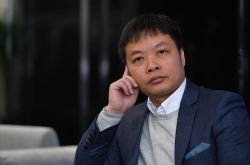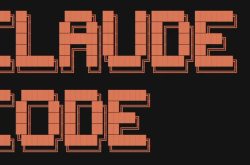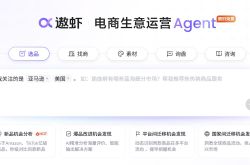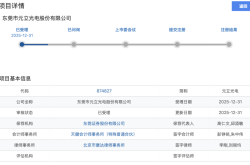TikTok's New Chapter: The Ownership Question Takes Center Stage
![]() 01/22 2025
01/22 2025
![]() 608
608

On the 19th, Trump posted the following on social media:
"I hope the United States can secure a 50% stake in a joint venture. This would save TikTok, place it under reliable management, and allow it to continue operating. Without US approval, TikTok will cease to exist; with our approval, it could be worth hundreds of billions or even trillions of dollars.
My initial proposal is for the current owner and/or potential buyer to establish a joint venture with the United States, where the US holds a 50% stake and works with buyers selected by us."
On the same day, TikTok officially ceased operations in the US, but resumed service just half a day later.
From the US Supreme Court's unanimous 9-0 ruling on TikTok's "sell or ban" mandate on the 17th to Trump's inauguration, in just three days, TikTok's fate in the US market captivated all its users. This "super app" with 170 million US users supports 224,000 small and medium-sized enterprises and over 7 million American merchants.
What concerns US politicians is TikTok's Chinese origins, which they fear may pose a threat to national security.
During Trump's first term, he attempted to ban TikTok through a presidential executive order. Although Biden revoked the ban in 2021, both presidents presented TikTok with the same ultimatum: sell its US operations or face a ban. The message was clear: "no sale, no service," with the ban serving as a fallback plan, aligning with the wishes of US politicians.
For TikTok merchants, events like the app's "shutting down and reopening" and the exodus of disgruntled TikTok users to Xiaohongshu (Little Red Book) highlight that, amidst unresolved tensions, TikTok's influence gives it leverage at the negotiating table. Many TikTok merchants told Xiaguang Society: "In this four-year saga, TikTok users are all betting on an outcome, wondering if TikTok will still be available in the US market. Judging by recent developments, there will be no immediate issues."
As TikTok becomes increasingly valuable and unique, the critical question is no longer whether it can continue operating but who will own it in the future. Decision-making power now rests with multiple stakeholders.

If there's one regret from Trump's previous term, failing to "acquire" TikTok is undoubtedly one of them.
In June 2020, Trump held a campaign rally in Tulsa, Oklahoma, renting out a stadium with a capacity of 19,000 but attracting only 6,200 attendees. Many local media outlets attributed Trump's dwindling popularity to TikTok. At the time, a 51-year-old American urged TikTok users, "Want to see Trump face an empty stadium alone? Book your tickets and don't show up!"
Thus, this president, fond of using the letter 'X', first recognized TikTok's power. An executive order to ban TikTok failed, and after four years of twists and turns, TikTok's future is once again tied to this president. This time, Trump is advocating for TikTok's protection, a dramatic turn of events.
In fact, in the two years following Trump's departure, TikTok's prospects in the US market gradually improved. Even TikTok's US business executives stated in an early 2024 report: "TikTok faces no imminent danger." That same year, TikTok's average daily sales in the US e-commerce market reached approximately $20 million, matching its three-year performance in Indonesia.
However, this reflects overly optimistic expectations of politicians. In March 2024, Biden signed the "Protecting Americans from Foreign Adversaries through Sanctions Act" (PAFSA), aimed at banning TikTok nationwide, into law within just two months. The act requires ByteDance to sell TikTok within 180 days of its enforcement, i.e., by January 19, 2025, or face a ban.
This time, TikTok is not just facing Trump but a united front of Washington politicians. On January 17, 2025, the US Supreme Court issued a formal ruling, voting 9-0 that the TikTok "sell or ban" act is constitutional, and TikTok lost the case comprehensively. Regardless of political affiliation, all nine justices agreed with the ruling.
This situation mirrors that of 2023. During the hearing that made Zhou Shouzi (Shou Chew) an internet sensation, a congressman told Zhou, the CEO of TikTok being questioned, "I have to thank you. You've accomplished something unimaginable in the past three or four years. You've united the Republicans and Democrats."
No company has previously occupied such a prominent position in the US government's crosshairs, remaining at the forefront after two national leaders and three shifts in political power. What exactly do US politicians fear? Judging from the TikTok case heard by the US Supreme Court, it can be summarized into three points:
First, concerns about data security threats. The US government has leveled two major "accusations" against TikTok: invisible public opinion manipulation and theft of personal information. During the trial, a judge claimed that TikTok can access the personal information of tens of millions of American citizens, and the Chinese government could convert this information into a "weapon" against the US at any time. In response, TikTok's lawyers argued that TikTok's database is operated by Oracle and stored in the US. According to US law, this personal information cannot be transferred to TikTok or provided to other third parties. Moreover, TikTok's operations in the US strictly adhere to US laws, with no illegal data transmission.
Second, issues related to algorithm black boxes and implicit public opinion manipulation. US government lawyers accused TikTok of using recommendation algorithms to subtly influence American public perception, believing that China can manipulate public opinion through these algorithms, which are not transparent. Hence, the American public has no way of knowing their underlying logic.
In response, TikTok's lawyers stated that TikTok does not engage in any form of invisible public opinion manipulation. TikTok's content in the US is independently operated by TikTok's US company. While ByteDance's algorithm is used, the specific execution is independently handled by the US company.
Lastly, the relationship between TikTok and the Chinese government. The US side questioned whether TikTok receives instructions from the Chinese government to engage in activities detrimental to the US, expressing distrust in ByteDance's status as an independent commercial company.
TikTok responded that there is substantial Chinese investment in the US, including in the media industry. If all companies with Chinese backgrounds were subject to such stringent supervision, it would clearly exceed reasonable bounds.
Perhaps, once ideological opposition sets in, no amount of evidence of innocence can dispel the suspicions and doubts of skeptics.
Faced with Washington politicians' concerns, as a key product in ByteDance's global strategy, TikTok must forge more alliances and gain greater influence to negotiate for a larger space.
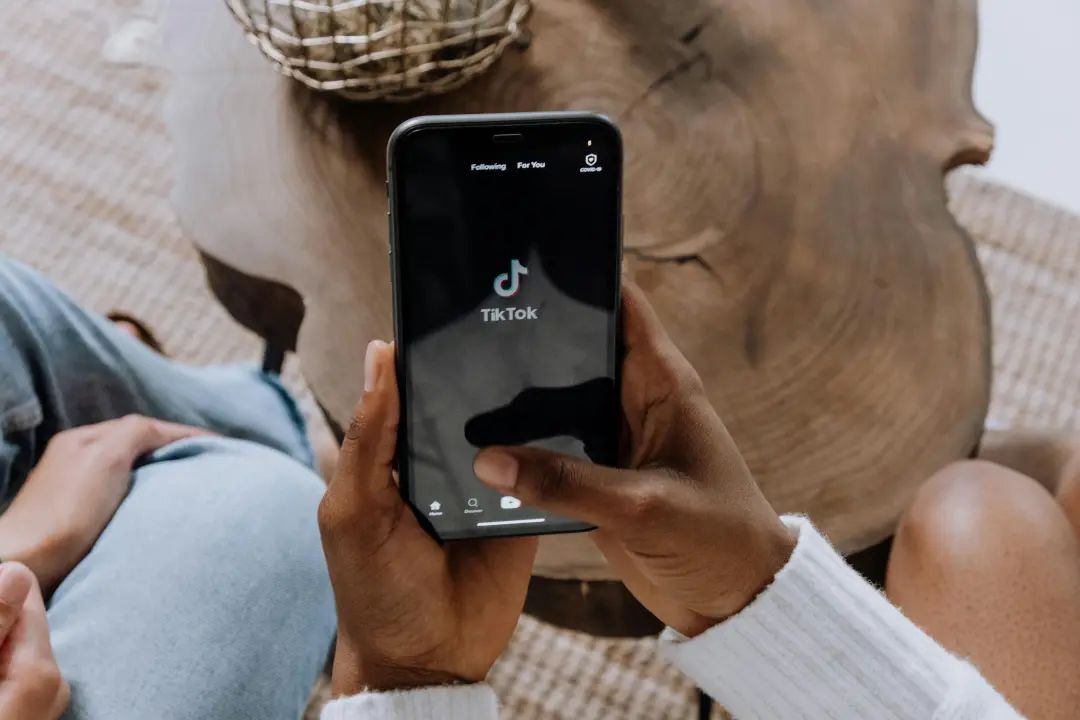
Over the past four years, TikTok has adopted a global approach in various aspects such as personnel composition and market operations. For example, the team is distributed across multiple countries and regions, each responsible for different facets of the same project.
We have also summarized its development in various global markets:

As of August 2024, TikTok's global monthly active user base has reached 1.58 billion. This signifies greater influence and rewards. More importantly, TikTok is difficult to replicate.

Another key player in this game is the vast number of content creators on TikTok. During the TikTok case heard by the US Supreme Court, TikTok creators were also present. They stated that as American citizens, TikTok creators are protected by the First Amendment and have the right to choose the publisher they deem appropriate to collaborate with.
From a purely commercial perspective, TikTok indeed possesses an irreplaceable quality that cannot be easily replicated. In terms of timing, in the early years of TikTok's growth, Facebook and Google did not take the threat of short videos seriously, creating a relatively less competitive environment for TikTok.
Since then, many competitors have attempted to replicate TikTok but have all failed. For instance, its top competitor, Facebook, launched a new product called Lasso in 2018. Four months after its launch, it had 70,000 downloads in the US, while TikTok gained nearly 40 million followers during the same period.
Apart from having a timing advantage, ByteDance has also been willing to make significant investments in the short video/live streaming sector, allowing three teams to work on it simultaneously. If Douyin (the Chinese version of TikTok) had not succeeded, perhaps Huoshan (another short video app by ByteDance) or Xigua (a video app focusing on long-form content) would have. With more attempts, one can always find the approach preferred by the market.
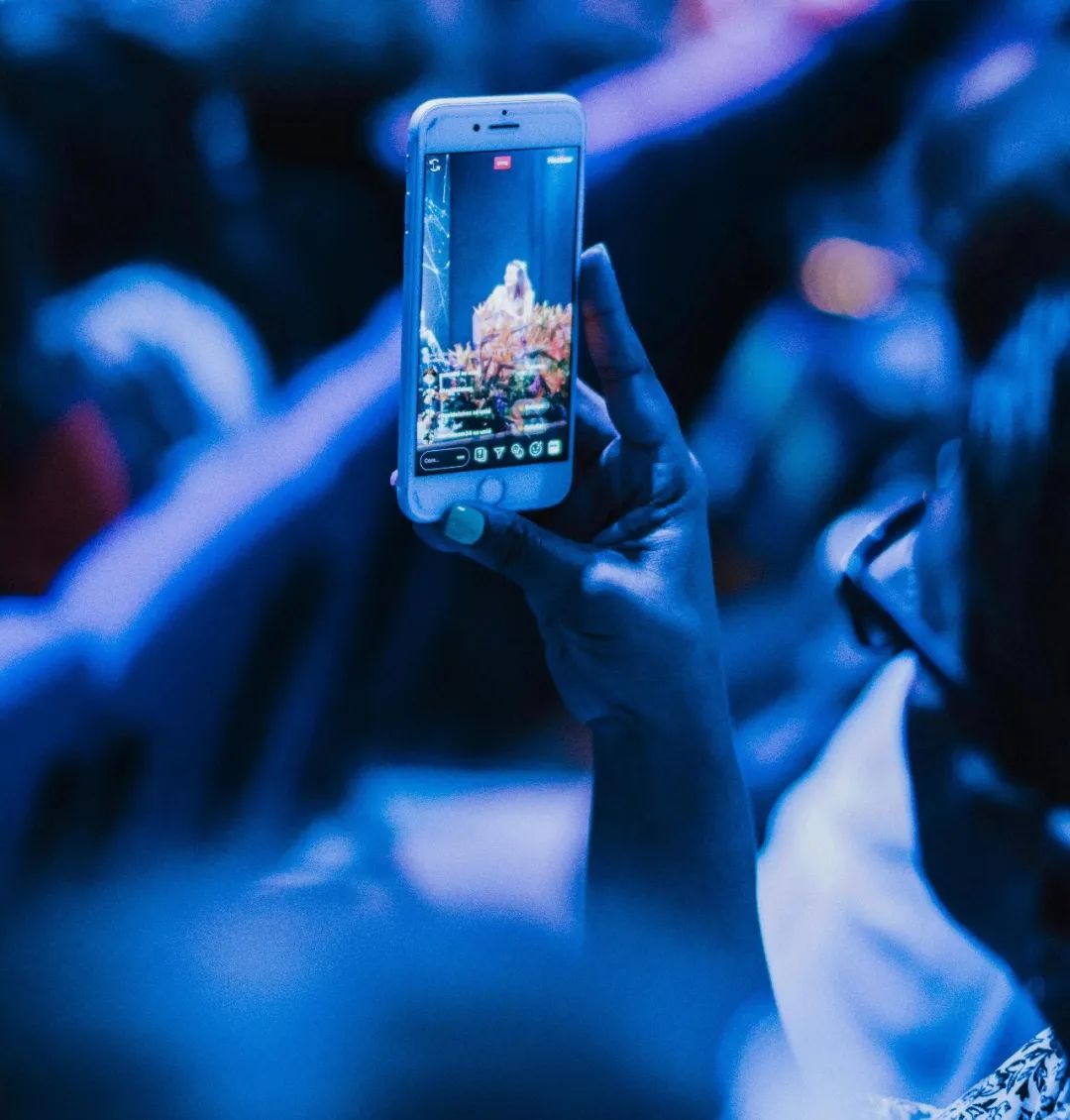
As a result, TikTok has captured a younger user base and longer user engagement, something that the aging Facebook cannot achieve. For politicians on Wall Street, at least Trump understands very well that controlling TikTok means grasping the future and opportunities of young Americans.
In terms of age distribution, TikTok's user base is relatively younger, with 67.28% belonging to Generation Z and 30% to Millennials. In contrast, Facebook's user age distribution is broader, with 86% of users aged 18-29 and 77% aged 30-49.
In terms of user engagement, according to Insider Intelligence data, TikTok users spend an average of about 40 minutes per day on TikTok, while Facebook users spend an average of only 28 minutes per day. Both platforms demonstrate strong attractiveness.
On the day TikTok ceased service, Coco Gauff, an American tennis player born in 2004, successfully advanced to the quarterfinals of the Australian Open and wrote "RIP TikTok USA" on the camera lens when signing her name. "We all love TikTok, and it belongs to the users," a "TikTok refugee" user on Xiaohongshu told Xiaguang Society. The widespread and precise user base is indeed a treasure that is difficult to replicate.

During the trial at the US Supreme Court, a US judge asked, "Is creators' reliance on TikTok emotional? For example, I have an old piece of clothing that I really like. Although I can buy a new one that looks the same, I just prefer to wear the old one."
TikTok creators' lawyers also explained TikTok's irreplaceability: "Over the past few years, many platforms have tried to replace TikTok, but they have all failed. It's like a media composed of countless talented editors. It's not like another media that also employs editors can easily replace it."
With a rather "purposeful" remark, the judge said, "TikTok doesn't have to shut down as long as the sale is completed by January 19th."
So, can TikTok be sold?
This question was also addressed during the trial, and TikTok's lawyers repeatedly emphasized that due to technical reasons such as globally shared algorithms, TikTok cannot be separated from ByteDance. The 270-day sale period stipulated in the act is too short to complete the sale.
The US judge then asked if it would be impossible to complete the sale regardless of the timeframe. TikTok's lawyers could only answer that yes, regardless of the time given, the sale would be extremely difficult.
The TikTok "sell or ban" act does not literally use the word "ban" but stipulates that if TikTok fails to complete the divestiture and sale by January 19, 2025, no US company can continue to provide services for TikTok's operations in the US. Isn't this a high wall built by suspicion and fear on the path to globalization?
In TikTok's long battle, the opponent is no longer Silicon Valley tech companies but Washington politicians. This will also be a new challenge for many tech companies post-globalization – when your top "opponent" transcends the realm of enterprises and becomes a group of politicians, how should you respond?
In the future, as economic and social polarization intensifies, the intersection of politics and business will become more pronounced. For global enterprises, it is imperative to accept that politics has become an integral part of corporate development and possess the corresponding capabilities to navigate this landscape.

